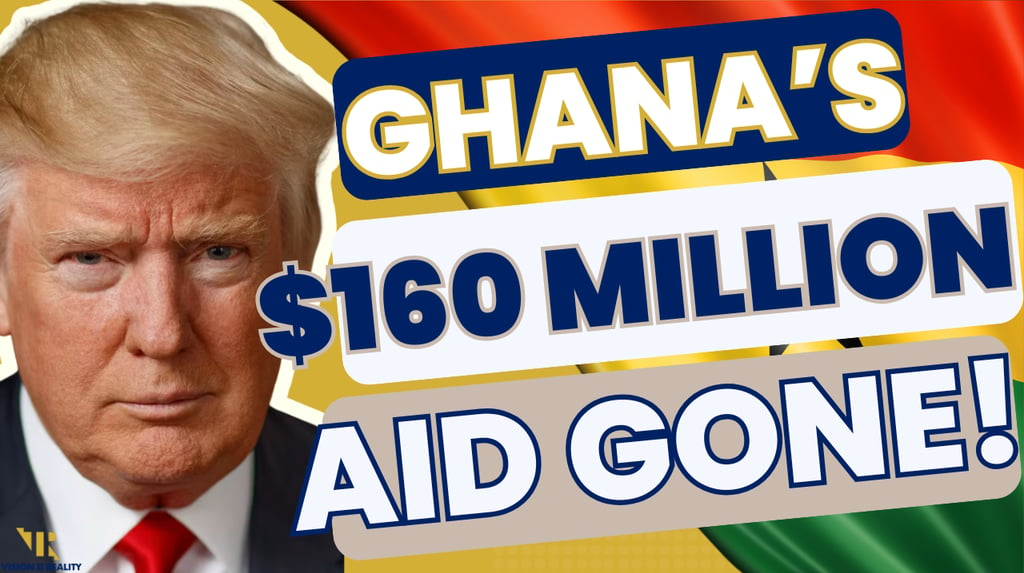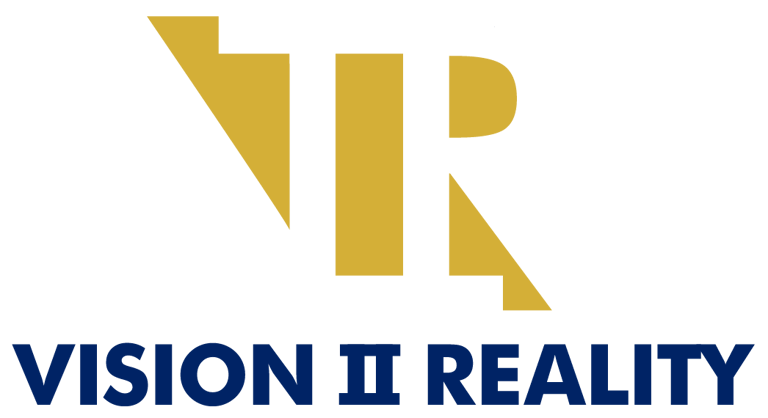America First, Africa Last? Trump’s Executive Order Hits Ghana!
Discover why U.S. President Donald Trump's executive order in January 2025 to freeze $160 million in USAID funding to Ghana. This blog breaks down the real reasons behind the aid suspension, what vital programs were affected—including healthcare, education, and agriculture—and how this decision is impacting Ghana's economy and citizens today. If you're interested in U.S.-Africa relations, international development, or global political strategy, this is a must-read.
CULTURE
Leslie E. Jones
7/13/20254 min read


Click to Watch Leslie's livestream with her community on this topic!
When Did the U.S. Withdraw $160 Million in Aid from Ghana?
In January 2025, Ghana woke up to an alarming shift in foreign relations: the United States had withdrawn approximately $156–160 million in foreign aid funding. This sudden decision didn’t just shake diplomatic circles—it sent shockwaves through healthcare clinics, classrooms, and farms across Ghana.
The freeze took effect immediately after President Trump signed the executive order on January 20, 2025. The order halted all USAID development programs worldwide, including the over $150 million in annual aid earmarked for Ghana. The 90-day suspension was framed as a strategic “pause” to review global aid distribution and ensure alignment with evolving U.S. foreign policy objectives.
Why Did the U.S. Withdraw $160 Million Aid from Ghana?
The reason? A new executive order signed by U.S. President Donald Trump, suspending all USAID funding for 90 days under the banner of his “America First” policy. According to White House statements, the move was part of a broader plan to dismantle and restructure USAID.
Trump administration officials—reportedly backed by controversial tech figures like Elon Musk—accused the agency of inefficiency, mismanagement, and fraud. The decision aligned with Trump’s revived “America First” agenda in his second term, which emphasizes prioritizing domestic programs over foreign aid and reevaluating longstanding international commitments.
But critics argue this move was politically motivated and strategically punitive—particularly for nations like Ghana that have spoken openly about reparations and post-colonial equity.
What Is at Stake for Ghana?
Ghana has been one of the largest recipients of USAID in West Africa, receiving over $150 million annually. These funds supported critical programs such as:
🏥 Health: malaria control, maternal and child health, HIV/AIDS prevention and treatment
🎓 Education: teacher training, literacy programs, and school infrastructure improvements
🚜 Agriculture: subsidies for seeds and fertilizer, and smallholder farmer training programs
Let’s break down the critical programs that were affected—and the real-life consequences unfolding across Ghana right now. The health sector was hit hardest, with an estimated $78.2 million lost in health programming alone. This funding freeze directly jeopardized access to:
Health & HIV/AIDS: A Lifeline at Risk
More than $69 million of the withdrawn aid was dedicated to public health efforts. This included funding for:
Malaria prevention and treatment
Maternal and child health
Nutrition and family planning
Emergency health security programs
One of the biggest beneficiaries was PEPFAR (The U.S. President’s Emergency Plan for AIDS Relief), which has supported HIV prevention, testing, and treatment in Ghana since 2007. With this funding now suspended, thousands of patients relying on antiretrovirals and routine testing are left vulnerable—particularly in rural areas and high-risk communities.
Rural clinics across Ghana began reporting shortages. Some programs were forced to pause. Lives were—and still are—at risk.
Agriculture & Food Security: The Farmers Left Behind
Roughly $39.5 million supported agricultural initiatives, primarily through the Feed the Future Ghana Market Systems & Resilience Activity. This program helped smallholder farmers increase productivity through:
Access to improved seeds and fertilizers
Market access and supply chain development
Support for climate-smart agriculture
With these funds gone, many local farmers—especially in northern Ghana—are now at risk of falling back into poverty. The ripple effects could include food insecurity, higher food prices, and reduced resilience against climate shocks.
Education: Disrupted Learning
Ghana’s education sector also suffered a major blow. Two flagship programs were impacted:
APIL (Advancing Partnerships for Improved Learning) – $14.4 million focused on training teachers and upgrading infrastructure in private schools.
SAGES (Strengthening Accountability in Ghana’s Education System) – a $60 million project designed to boost school performance across hundreds of public schools.
Without this funding, both students and educators face an uncertain future. Classroom materials, professional development, and student outcomes are all on the line.
Governance & Community Development: Undermined Progress
Additional programs like RING II (Resiliency in Northern Ghana), ASBC (Accelerating Social and Behavioral Change), and other governance-strengthening initiatives were also disrupted. These projects addressed:
Local government capacity
Nutrition and health education
Civic accountability and engagement
Now, with that funding gone, many of these grassroots efforts are being forced to scale down or shut down entirely.
Overall
The U.S. government’s decision to suspend $160 million in aid to Ghana was swift and sweeping. While branded as a strategic reevaluation, the effects on Ghana have been deeply personal and immediate. This isn’t just a story about numbers—it’s about livelihoods, health systems, and the fragile futures of families who relied on those services.
And it’s a stark reminder of how international politics can ripple across borders and directly affect everyday lives. As Ghana works to bridge the funding gap and recalibrate its development strategies, the diaspora and global allies watch closely—because what happens next could define the next decade of Ghana’s growth and resilience.
As we continue to follow this story and raise awareness, let’s not forget what’s really at stake. Click here to read what Ghana instituted to bridge the $160 Million gap.
References
Are you Ready to Visit or Repatriate To The Motherland?
My recommendations:
Take the E.Q. Ready Quiz for your Travel Personality to make sure you are ready to visit The Motherland?
Take the Repat Ready Quiz to see if you are ready to repatriate to The Motherland?
Click to see up-and-coming tour dates and locations to visit Africa!
From fighting HIV to interpreters, USAID cuts wide swath of programs
Trump's dismantling of USAID strands oxygen, HIV drugs in transit, contractors say
Ghana takes steps to bridge $156 million funding gap after USAID freeze
The effects of the US foreign aid suspension on northern Ghana
Breaking the aid cycle: Ghana’s moment for health financing reform


